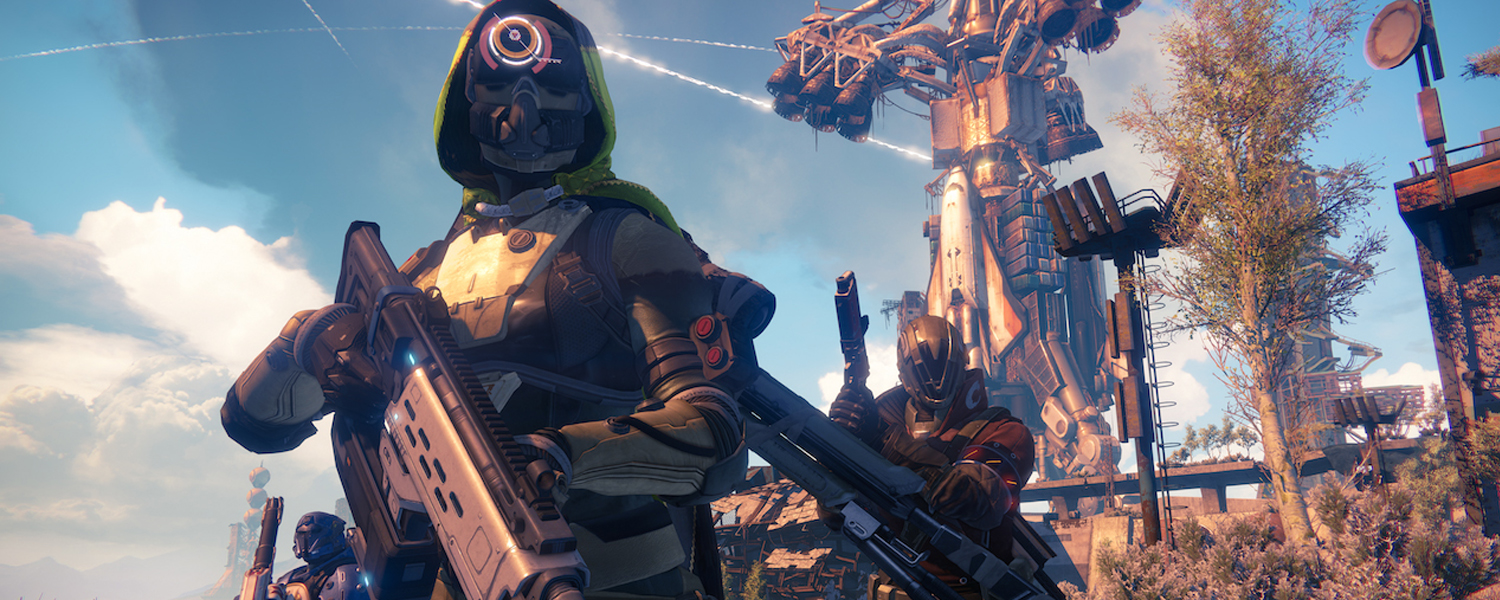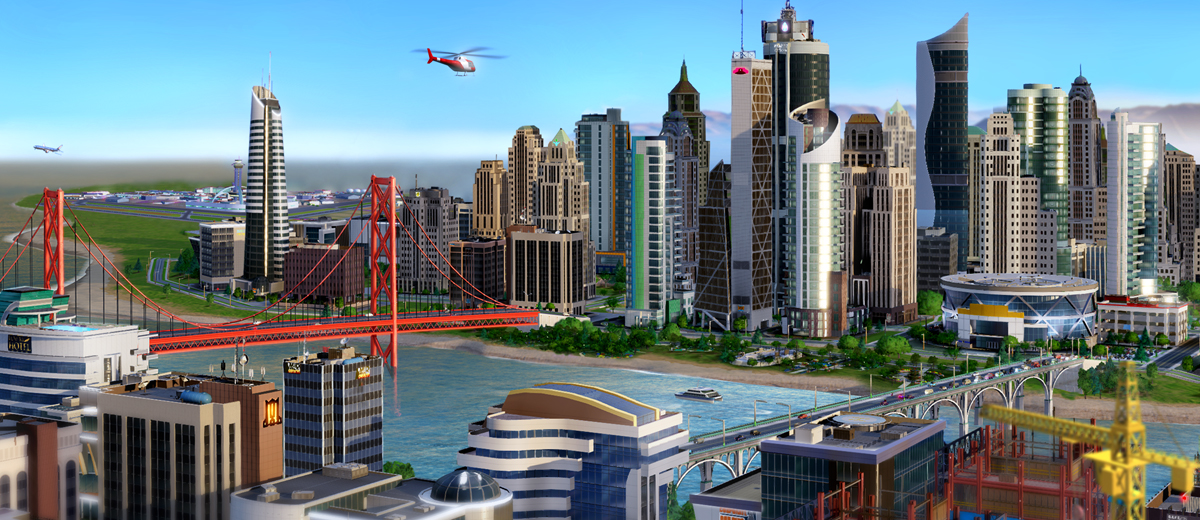I wanted to carry on the conversation from last week a little bit, considering what I’m about to discuss resonates with a similarly annoying frequency. In fact, I’d consider this even more annoying than day one downloads. Yup, time to talk about the dreaded ‘online’ word.
Online multiplayer is a video game staple. No matter the game, you can bet that something internet based will be shoehorned in there to cater for those whose only interest is to compete against other players somewhere around the world. Some work, like Grand Theft Auto, Destiny or pretty much any MMO, but others leave a sour taste in our mouths that, in turn, taints whatever worth there was left in its single player mode (e.g. Dead Space 2, the recent Tomb Raider reboot, etc.)
I’ll make something rather clear before I continue. There’s nothing wrong with online gaming. Some titles have benefited greatly from its inclusion, especially the Pokemon franchise. Since we don’t all have four or eight friends to compete with personally on a daily basis, it’s great to be able to connect at any time to finish the mission. Better yet, many of us have many friends out of those strangers we first met on the Battlefield.

But there’s something far more sinister here at play here. The term ‘always online’ became common knowledge to most gamers within the past two years, when the likes of Diablo III and the recent SimCity reboot caused major controversy by forcing gamers to be online in order to play. That is, if you want to play by yourself in the comfort of your own lounge room but your net connection is down for the day or is too slow to keep up … well, better think of something else to do.
Being given the option of being online is one thing, but when it’s forced down your throats in a ‘do this or don’t bother’ methodology, that doesn’t help anyone. Never mind the poor development team, who’s tireless work get ignored because of one stupid idea followed by a bombardment of hate mail, or worse. No-one deserves to be in a situation like that, especially when they’re trying to make a living out of coding or graphic art. It’s not their fault the developer or its producers forced the concept upon them, after all.
Always online games aren’t such a bad thing, but it’s the simple ability of allowing a player to choose how he or she wants to play that a lot of studios seem ignoring. SimCity is a perfect example of what not to do in this case. Maxis insisted that the game had to be online at all times, using a cloud based system to connect player created cities together into one massive collection whilst incorporating social media. Problem was, the servers couldn’t handle the strain, the game was buggy and everything went to hell, leaving players immensely frustrated and leaving in droves.

Maxis initially suggested that creating an offline mode just wasn’t possible, which I couldn’t help but tilt my head to the side like a confused puppy at. So you’re telling me you created a largely single player experience with ‘optional’ online components and instead of allowing us to simply turn them on or off, you insisted the online code had to be there for it to work? What part of ‘we don’t want that’ don’t you understand?
What’s worse, Maxis further insisted (source: http://www.ea.com/news/simcity-update-straight-answers-from-lucy) that they weren’t trying to control the player, but provide a gaming experience that “made innovative use of servers to move aspects of the simulation into the cloud to support region play and social features”, social features that most SimCity players probably weren’t making use of anyway (though by all means, correct me if I’m wrong).
This does go back to the internet speed issue to a point, but it’s concerning how many studios insist on adding in online to a game that just doesn’t need it. The experience of creating and building what you like, where and when you want, shouldn’t be controlled by the all mighty cloud in the sky. Take a look at Minecraft for an example of a game that provides offline gameplay that’s just as rewarding as its online abilities. The simple method of providing a choice should be the very first thing any developer writes into their design manifesto, since the last thing you ever want to do is alienate your fan base.

The funny thing is, the flip side to this story is the impact social media has had on game development and design, where by fan feedback has become a 24/7 experience for every studio that you just can’t hide from. Maxis eventually redacted its key design idea and created an offline mode some 10 or so months later, though it’s arguable whether that decision came too late to make a difference to sales figures. The damage had seemingly already been done (and need I remind you of Mass Effect 3?).
Always online has a habit of becoming less an important asset for the future and more a reminder of how annoying it can actually be. If the concept of just playing by yourself becomes more a ‘don’t be silly, there are people out there waiting to connect’ kind of situation, that forgoes the biggest asset gaming has. It’s about the imagination, of getting away from reality and enjoying the fantasy before you. If you’re bombarded with ‘connect online to play’ or ‘hey, why don’t you Facebook that’ buttons every five seconds, it’s not exactly escaping reality now is it?



